… and 24 other questions about carbs answered by a diabetic dietitian
This post “Are carbs bad for you?” was sponsored by Bobo’s. All thoughts and ideas are my own.
Carbs, carbs, carbs. There’s a reason they’re so comforting. Did you know they are your brain’s PREFERRED source of fuel? So, if you want me to cut to the chase and just answer that one big question, “Are carbs bad for you?” the answer is most definitely: NO. In fact, they are so vital to how our bodies operate, you’ll notice you get quite cranky and a bit of a “brain fog” may set in when you deprive yourself of them.
So, keep reading for all the answers you ever wanted to know (and probably more) about CARBS…
How many carbs should you eat in a day?
This is a very unique recommendation and ranges from person to person. I typically recommend a MINIMUM of 120g/person/day… and that is what I consider to be low carb.
A diet of 20g carbs/day (aka, keto and Atkins) is not low carb… it’s no-carb.
A standard diet, even when getting 40-50% of your calories from carbs which is less than the official recommendation of 60%, is going to mean more like 200-300g carbs/day.
What are the different types of carbs?
There are several different types of carbs, but the primary ones to educate yourself on are fiber and sugar. Other types of carbs are varying types of starches.
What is the max amount of carbs you should have in one day?
I don’t think you’ll ever see a dietitian answer this question with an outright number. Our diets are not a daily tally. Our bodies don’t magically reset each night. Our health and “diet” is an average of what we put in our bodies over time. If you want to “carb load” one day… great. If meat and non-starchy veggies sound great the next day, also great!
How many carbs and what types should a pre-diabetic or diabetic person eat?
Diabetes is one health condition that does warrant paying closer attention to carbohydrate intake. But more importantly than the actual number of carbs you eat each day, is the consistency in that number. The more consistent you are in the types of foods and times of day you eat, the easier it is to manage blood sugars and insulin needs.
Starting off right after diagnosis, dietitians will often recommend a set amount of carbohydrates for meals (usually 45-60g) and snacks (~15g), but this does not mean you have to eat those amounts every day for the rest of your life. It’s just helpful in the beginning to be consistent so you can better evaluate how your body responds to certain foods and insulin doses.
Ideally, you should be consuming adequate amounts of fiber and paying attention to how much added sugar you are consuming. See some of the questions below for how to pair foods and what really matters when consuming carbs.
Does it make us fat? Is it okay to consume carbs on a daily basis?
Short answers: no and yes. 🙂
What types of carbs will keep me full longer?
Repeat after me: Fiber is your friend. And one more time: Fiber is your friend. Fiber not only keeps you full longer (because it takes longer for your body to digest than other types of carbs), but it also keeps everything nice and regular down there if you know what I mean. It’s also a great tool for managing blood sugars for people with diabetes. The delayed digestion that keeps you fuller longer, also causes a slower release of nutrients into your blood stream which helps keep blood sugars nice and steady.
What are the best pre-workout carbs?
Now, I am not a sports dietitian, but for the average person doing a non-professional athlete type workout, simple carbs that your body can absorb quickly are ideal so you don’t have food just hanging out in your stomach during a workout. You also don’t want to eat anything high in fat before a workout for this same reason. (Fat takes longer to digest.)
How do I know how a carb will affect my blood sugar?
Experiment! Every diabetic is so unique. Something that spikes my blood sugars may not be that big of a deal for you and vice versa. And it is totally normal for the same number of carbs from two different sources to effect you in two totally different ways.
Example: I love Bobo’s Oat Bars. (The Maple flavor is my favorite!) A whole bar has about 40-60g carbs, depending on which flavor you pick. Most of the flavors don’t spike my blood sugars. However, if I were to eat that same number of carbs in brown rice, my blood sugar would shoot up to over 250, guaranteed.
Test your blood sugar 2 hours after eating and dosing insulin or taking your medication. If your blood sugar isn’t back down under 180 or 140, depending on the criteria your doctor or dietitian has given you, consider adjusting your medication or eating less of the food in question.
Do grams of fiber cancel out grams of carbs?
This is a heavily debated topic, especially with the keto diet (which is basically Atkins revamped) being so popular right now. One thing to remember is that fiber is a type of carbohydrate. So just the very nature of it means it can’t “cancel out” other carbs. But, one thing to keep in mind is that our bodies can’t fully digest fiber. Everyone digests different amounts (again, we’re all unique) but the general consensus is that on average people absorb about half of the carbohydrate grams from fiber that they consume.
There’s a concept called “net carbs” which was originally introduced for diabetics needing to dose insulin or eat certain amounts of carbs to prevent hypoglycemia (low blood sugar).
NET carbs are the carbohydrates that your body can digest. Remember, our bodies can’t fully digest fiber. So net carbs is referring to the total number of carbohydrates in a food after the fiber (and sugar alcohols… see below) has been subtracted out. Unless you are a diabetic trying to decide how much insulin to take for a certain food, there really isn’t a need to pay attention to net carbs. It’s better to simply focus on choosing higher fiber foods, with low amounts of added sugar.
What types of carbs may spike blood sugars?
Again, this is different for every person, but in general simple carbohydrates, aka sugar and simple starches like white bread, if eaten in the absence of fiber, fat, and protein will “spike” blood sugars. Now, if you’re experiencing a low blood sugar episode and need to raise blood sugars quickly, this is a good thing. It’s also important to note that any carbs eaten in isolation (meaning there’s no fat or protein being consumed along with them) will raise blood sugars faster than carbs combined with fat and protein.
Example: These nut butter stuffed oat bites from Bobo’s will raise blood sugars slower (for most people) than oats by themselves.
What are sugar alcohols?
To quote the Joslin Diabetes Center, “Sugar alcohols come from plant products such as fruits and berries. The carbohydrate in these plant products is altered through a chemical process. These sugar substitutes provide somewhat fewer calories than table sugar (sucrose), mainly because they are not well absorbed and may even have a small laxative effect.” There’s a reason sugar free candy has warning labels not to over consume 🙂
Also, going back to our discussion of net carbs above, sugar alcohols are subtracted out from the total number of carbohydrates along with fiber.
Are there really “good” and “bad” carbs?
No, I don’t like to think of them this way.
Are there different types of carbs? Yes.
Do they effect us differently? Yes.
If you consume a lot of carbohydrates that raise your blood sugars quickly, will you potentially feel not so great afterwards? Yes.
But if you eat those same carbs (and even the same amount) with more fat and protein, will you feel differently afterwards? Absolutely, yes.
So, to label something as “good” or “bad” is incredibly misleading. It all depends on the greater context of your overall eating pattern.
What’s the difference between complex and simple carbohydrates?
These terms generally refer to the speed at which your body can digest the different types of carbohydrates.
When you eat carbohydrates, your body digests them by breaking the carbohydrate down into glucose molecules, so that your body can then use those glucose molecules as needed. The naturally occurring sugars found in fruits and vegetables are chemically closer to glucose (or already are glucose), which means our bodies digest them quicker and they may raise blood sugars faster than other more complex carbohydrate molecules (which our body needs to breakdown more in order to use).
However, I do feel the need to point out that just because a food has a higher amount of simple carbohydrates, like fruit, does not mean it should be avoided or limited. These foods also come with a host of other health-benefitting nutrients like vitamins, minerals, and antioxidants. Be careful to not evaluate a food and it’s “healthiness” based solely on one nutrient or as if you’re going to eat it in isolation.
What is the glycemic index?
The glycemic index is a ranking of foods which evaluates how quickly the carbohydrates in a food are digested. Foods are ranked on a scale of 0 to 100. The higher the number, the quicker the food will raise blood sugars. You can read more about the glycemic index here.
What is a good fiber to sugar ratio?
Again, this is very unique to each individual and should be evaluated when looking at an entire meal or eating pattern, not just within one food. Just remember to keep in mind that ideally, you should be consuming 25-50g fiber/day and no more than 10% of calories from added sugar.
What do you think of the Keto diet?
The keto diet was not developed for weight loss. It was developed to treat children with severe epilepsy and seizure disorders who were not seeing seizure improvement from medications. I do not believe we have enough long term safety data on the prolonged use of the ketogenic diet for purposes other than seizure control, and thus, I ethically cannot recommend it. While it may work for some people, I do not believe it is advisable for the general population.
Who should go on a low carb diet?
I define low carb differently than the media and marketing people do. Diabetics may benefit from a low carb diet (90-120g/day). Some diabetics, however, may see no benefit from eating this amount of carbohydrate. It’s important to consult a dietitian when attempting to change carbohydrate intake for better blood sugar control.
Why do you post grain free recipes?
Grain free recipes still have carbs. In fact, they usually have a similar amount when compared to their grain containing counterparts. But it’s the type of carbohydrates that are different as well as the amount of fat and protein that is in grain free flours.
Grain free flours (almond, coconut, tapioca, etc.) typically have more fat and protein than traditional wheat or rice flours. Remember, fat and protein can act as a buffer on blood sugars after a meal since they delay the absorption and processing of carbohydrates in our bodies. This means that most diabetics will have a more favorable blood sugar response to grain free flours, myself included. I don’t post them because I think people shouldn’t eat grains… I post them because they are a great tool for people with diabetes who want to enjoy traditional baked goods without a blood sugar spike.
And my husband has Celiac disease. So grain free flours are a great option for us since they are naturally gluten free but also don’t raise blood sugars as quickly as would rice or potato flour.
Is brown rice really that much better than white rice?
This is definitely more personal opinion than professional wisdom. I’ve found both in my own life and in some fo my clients, that rice (regardless of type) will cause blood sugar spikes for diabetics and can make blood sugars elevated for several hours after a meal. So, rather than forcing yourself to eat brown rice when you really want white rice, I recommend eating less of it, or subbing half of the rice for riced cauliflower or another non-starchy vegetable.
Does carb cycling work?
There is not a lot of scientific data that examines the efficacy of carb cycling. Thus, it’s important to not generalize anything you read about carb cycling to yourself. It needs to be utilized and recommended in an individualized approach and you should consult your healthcare professional (preferably an RD) before starting an eating pattern like that. This article from Healthline summarizes carb cycling perfectly.
Is it better to eat carbs earlier in the day? I feel like it should matter.
Nope. In fact, most diabetics find that they require more insulin to digest carbs earlier in the day. (Insulin resistance is typically higher in all people in the morning than in the afternoon or evening.) But even knowing that, carbs are not processed differently in the morning than they are in the evening. You may read things like “don’t eat carbs after 7pm” or something similar… but quite honestly, this has nothing to do with health and weight loss, and more to do with digestion and potential discomfort when trying to sleep. If you eat a large meal (with lots of carbs or not) and then go lay down soon after, you’re going to feel uncomfortable and it’s going to be harder for your body to digest the food. So rather than thinking you can’t eat after a certain time, just try not to eat a large meal within an hour of going to bed.
Will cutting back on carbs help me lose weight in my stomach area?
Lot’s of people trying to sell diet plans and books would like you to believe this, but the answer is no. Each person is unique and responds differently to calorie restriction and you can’t order your body to lose weight from one area and not in others. Our bodies just don’t work like that 🙂
Do the carbs in fruit count?
Yes, fruit has carbs. And no, you don’t need to count/stress/restrict/avoid them.
How many carbs do kids need?
Carbohydrates are essential for growing brains and bodies. Just as with any food, restricting carbohydrates for children is only recommended in extreme unique medical situations. The Academy of Nutrition and Dietetics recommends, “While a reduction of certain types of carbohydrates , such as added sugars, may be beneficial for our children’s growing bodies, removing all carbohydrates are not… The preferred fuel for active brains and growing muscles, carbohydrates are a diverse nutrient group, which includes cereals and milk, rice and beans, potatoes, peas, corn, fruits and fruit juice, pasta, applesauce, sweets and soft drinks.”
Want to add some complex carbs, like oats, in a quick and easy on-the-go form to your morning? Try any of the following options with Bobo’s Baked Goods!
- An original Bobo’s bar with 1 Tbsp peanut butter
- A nut-butter stuffed Bobo’s bar
- 2 bite size Bobo’s bars with some coconut butter
And use the code MILKNHONEY20 on their website for 20% off your order.

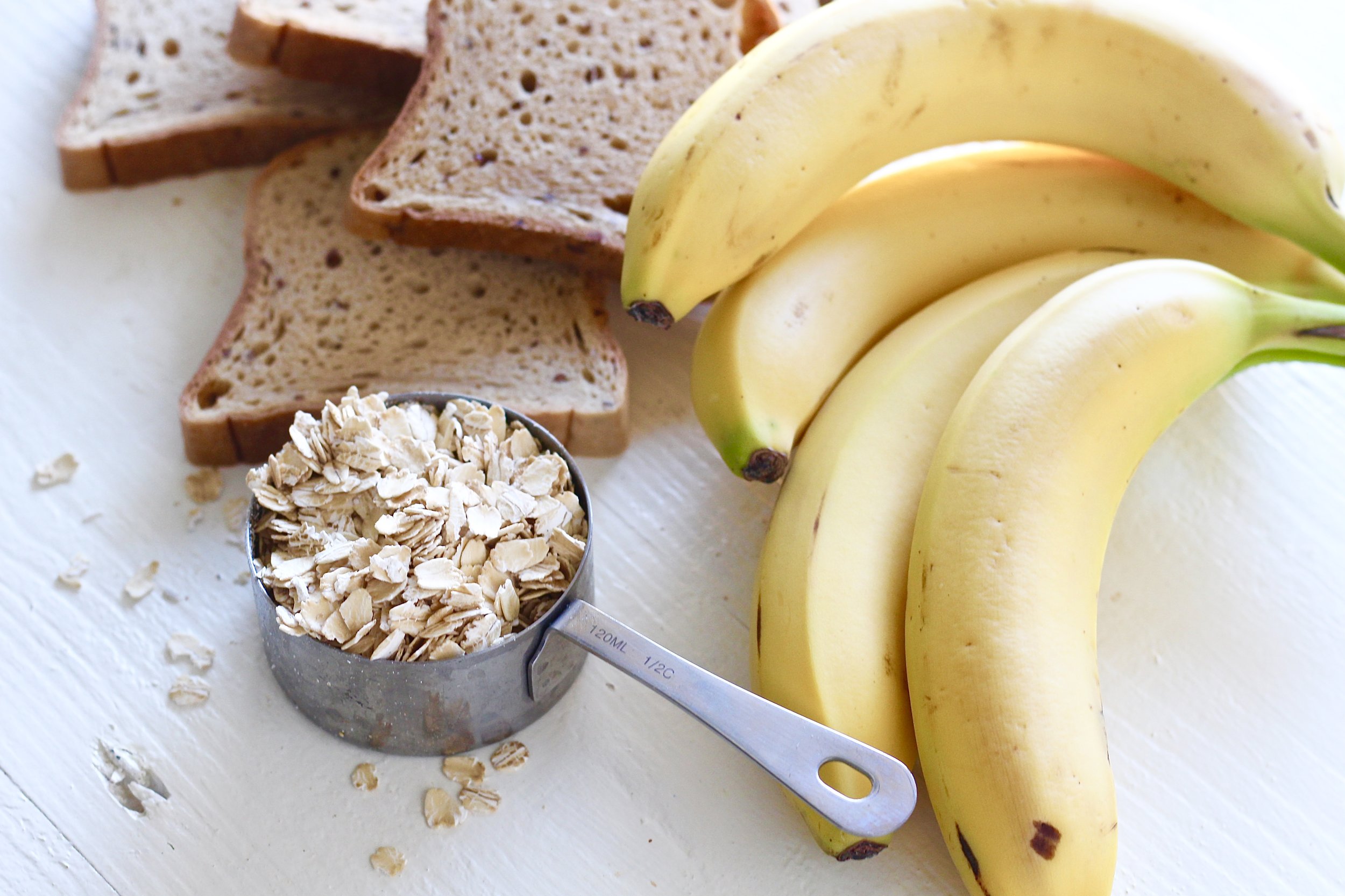
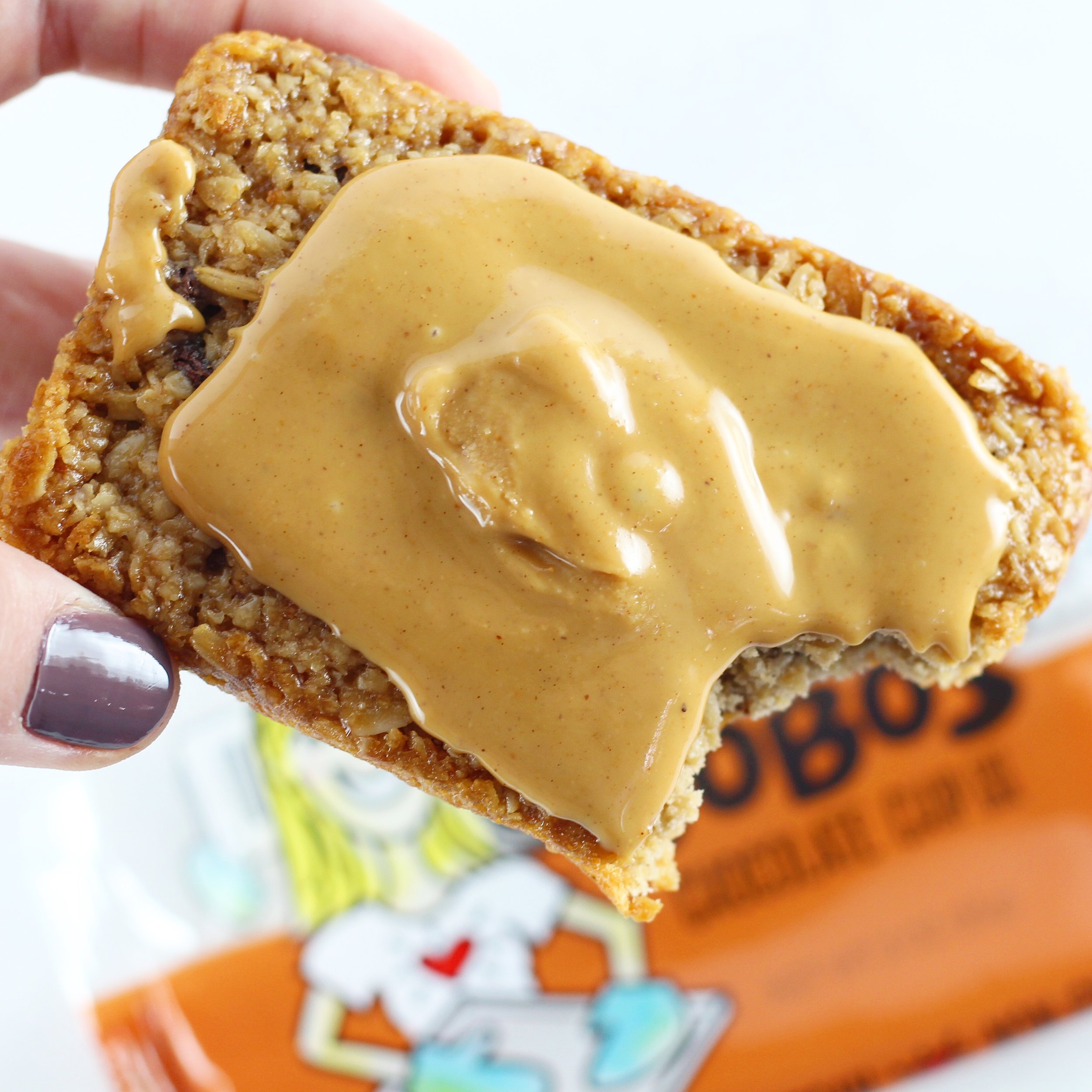
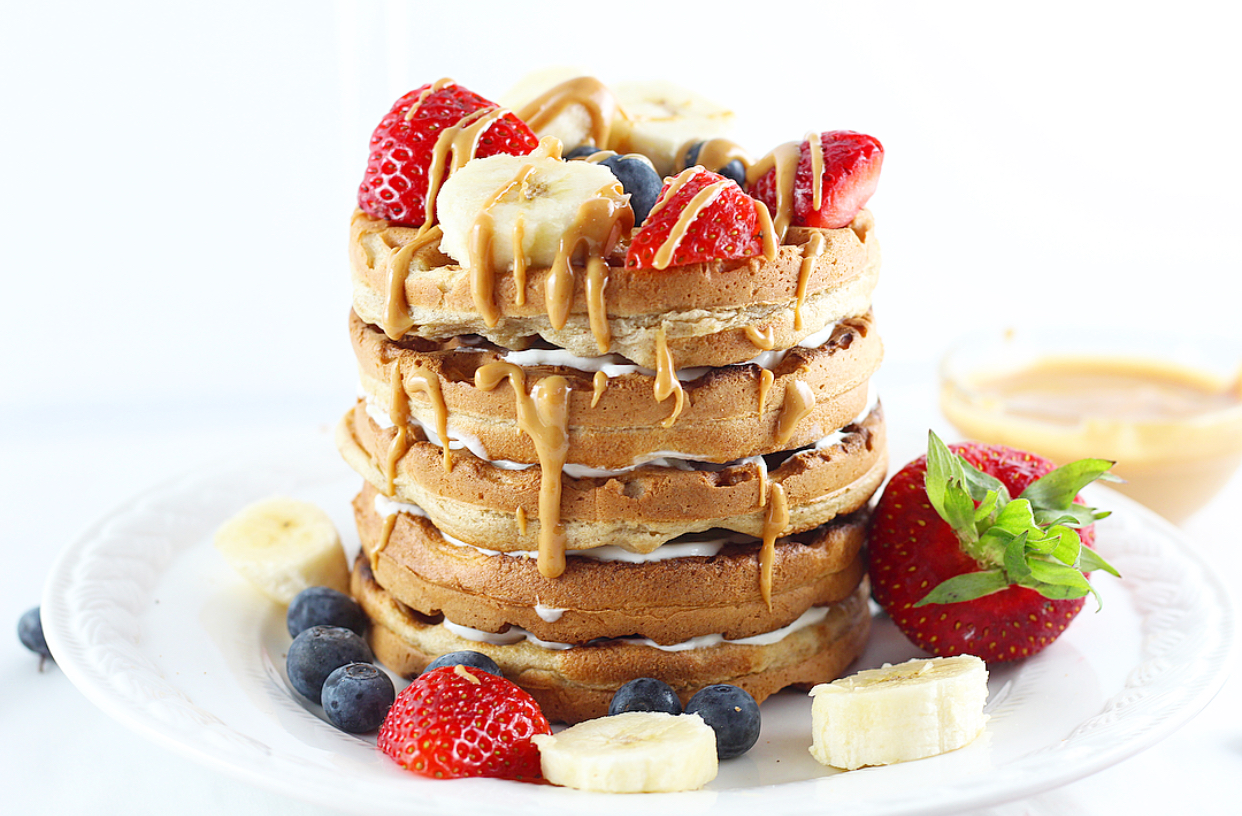
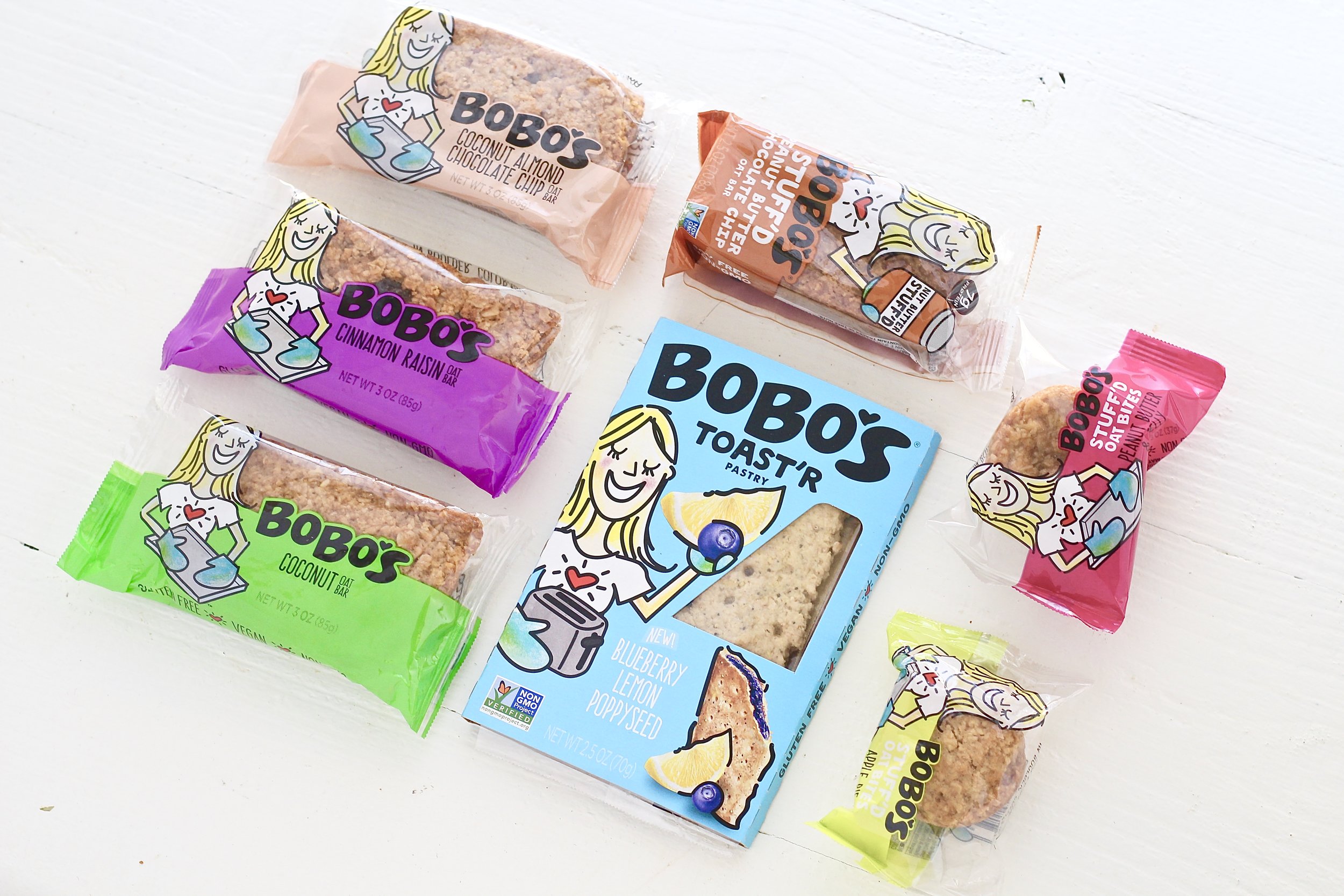
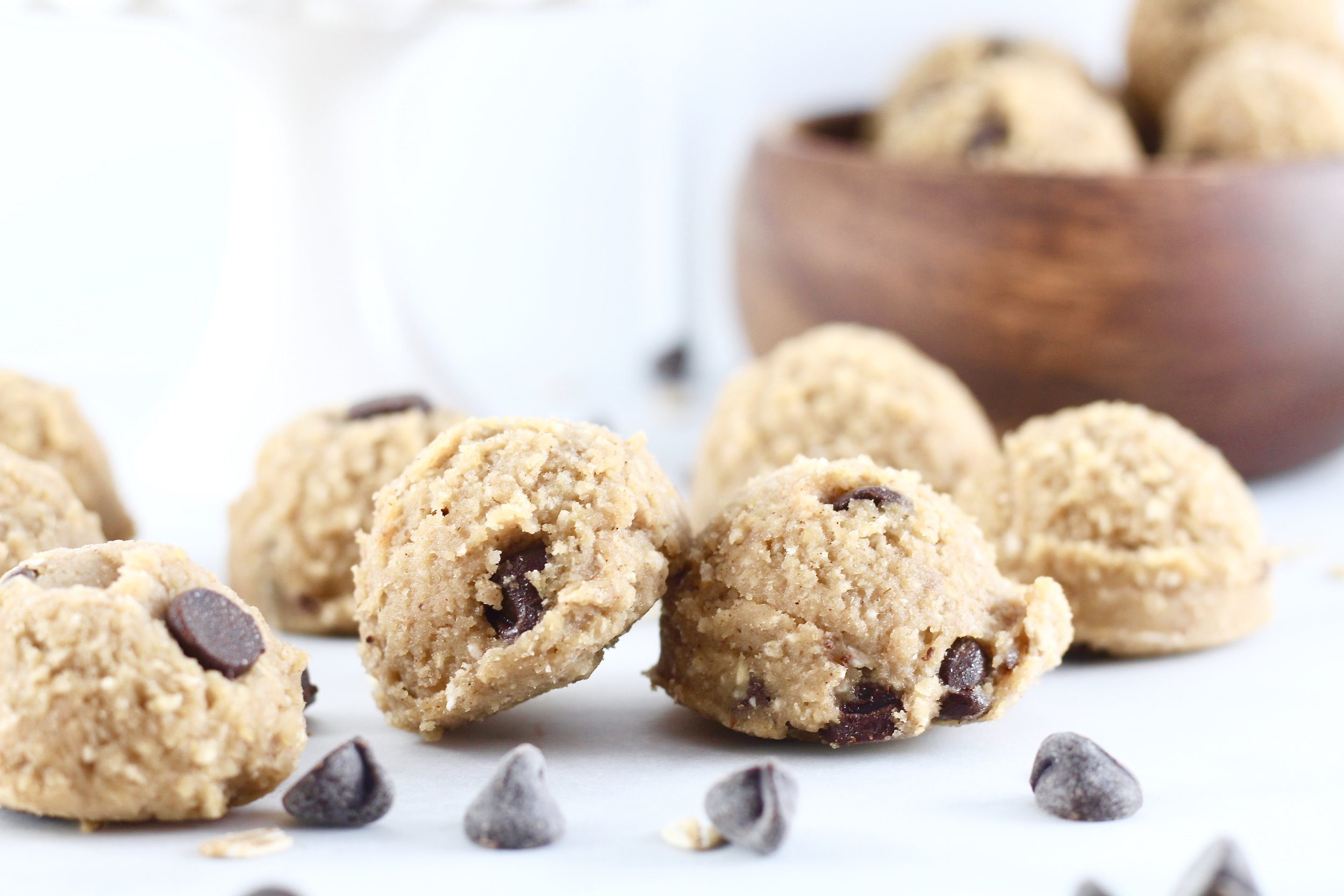
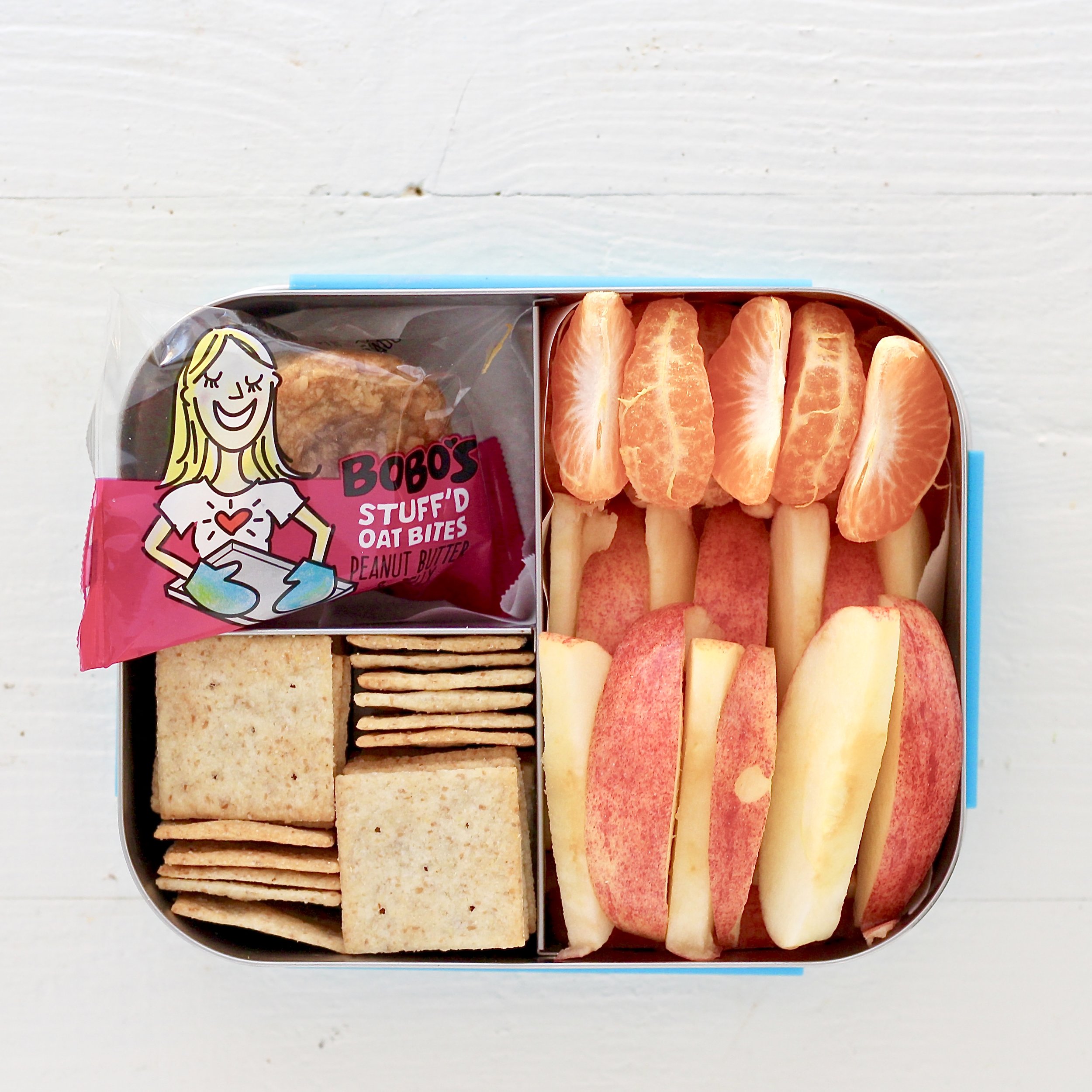
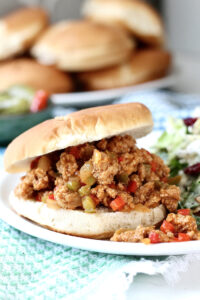
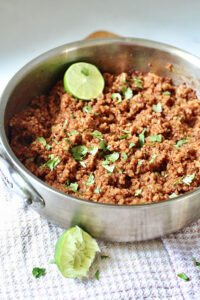


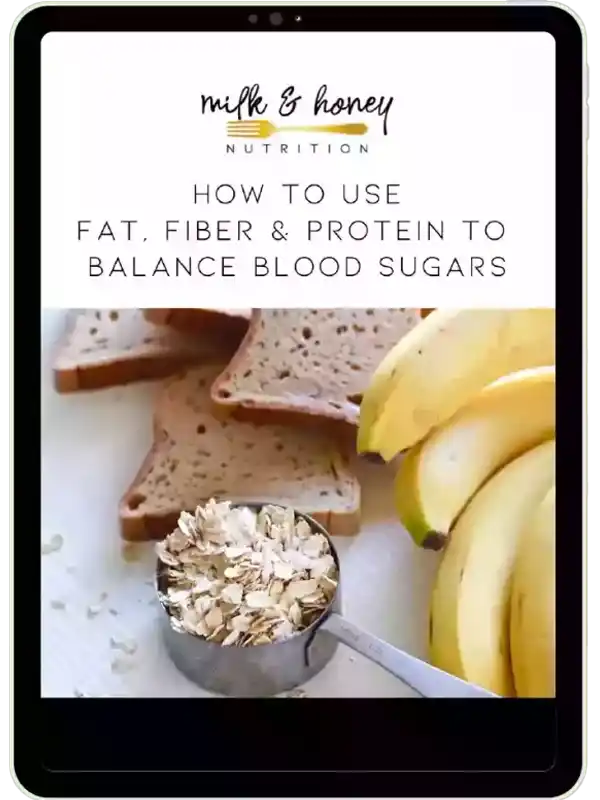
One Response
My dad’s a diabetic and I’m sure he’s going to like this article! Can’t wait to share this to him later! Thanks a lot for posting!